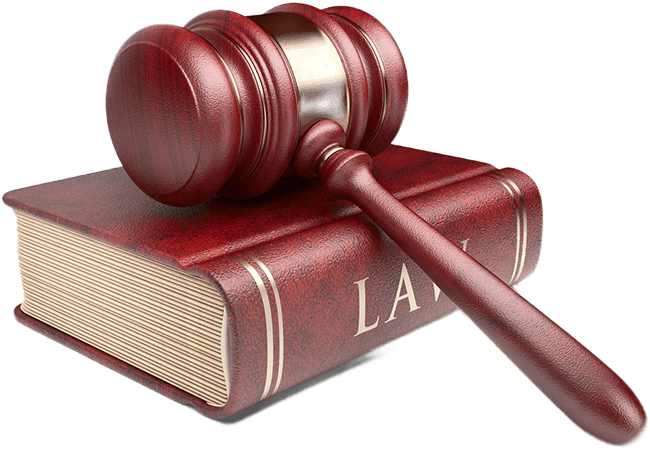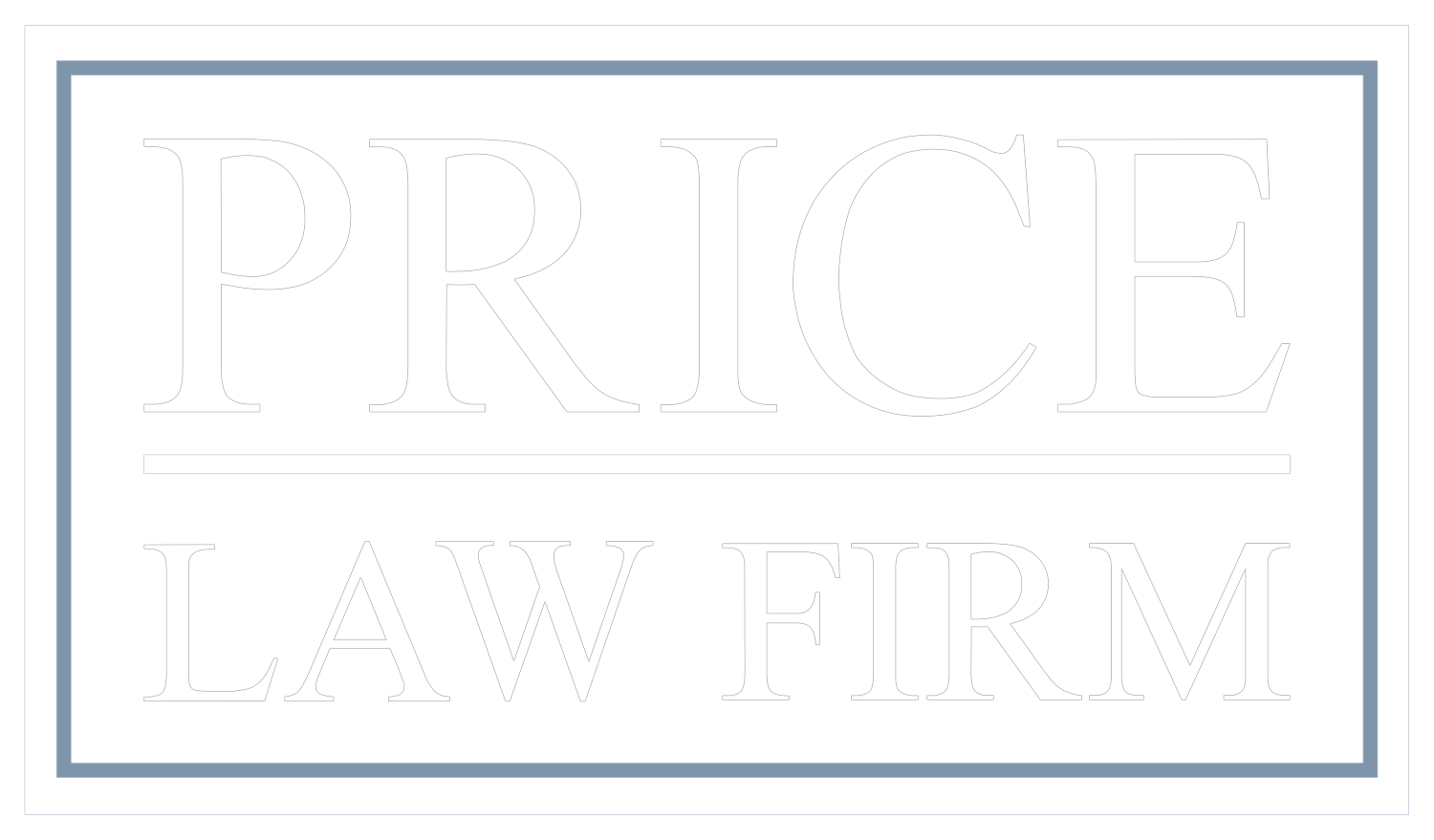
A Tenant's Right to Legal Fees is Preserved
As many of us who practice in the field of landlord-tenant law know - often the issues in the case become secondary to the looming claim for legal fees. In England there is a rule (interestingly enough called The English Rule) that provides that the losing party must pay the legal fees of the prevailing party. This chilling rule causes some plaintiffs with viable claims to eschew litigation because of the threat of paying a ruinous amount of legal fees to the other side should the claim be lost. In America there is a rule (interestingly enough called The American Rule) that provides that the losing party never pays the legal fees of the prevailing party. The American Rule fosters open access to the courts for everyone.We are in America. Therefore the American Rule prevails and it is safe to state that generally speaking the loser in a lawsuit need not worry about paying the winner's legal fees. There are two large exceptions to this rule. First, there may be a statute that calls for the loser to pay the winner when the loser has committed a particular breach of the law (someone who violates the Americans with Disabilities Act is an example). Second, there may be a contract between two parties that provides that in the event of litigation between those two parties that the loser must pay the winner.Many decades ago landlords began inserting into leases clauses that state that in the event of litigation arising out of the lease that the tenant would be required to pay the landlord's legal fees. New York State passed a law that is codified as New York Real Property Law 234 that provides that all such clauses in residential leases are read reciprocally as a matter of law. In other words, if the landlord sues the tenant and the landlord wins then the landlord gets its fees paid. If the tenant sues the landlord and wins then the tenant gets his/her fees paid. If the tenant sues the landlord and loses then the landlord gets its fees paid. Finally, if the landlord sues the tenant and loses then the tenant gets his/her fees paid.There are often disputes about when legal fees clauses apply to particular situations. Frequently a lease clause will be written in such a way that it does not apply to declaratory judgment cases. Also the clauses are often written in such a way that there must be a default present for the legal fees clause to apply.A recent decision of the Appellate Division, First Department addresses a situation in which a landlord attempted to draft the reciprocity of RPL 234 out of the lease. Marsh v. 300 West 106th Street, 2012 NY Slip Op 03719 (1st Dept. 2012).There a tenant sued a landlord alleging a breach of the lease and one of the causes of action stated was for legal fees. The landlord moved to dismiss the claim for legal fees arguing that the lease clause as written did not support the tenant's claim. The trial court denied the landlord's motion and the Appellate Division affirmed. It appears that the landlord attempted to limit the clause's reach only to those situations where the landlord was suing for possession of the apartment. The Appellate Division held that, "Since the lease permits the landlord to collect attorneys' fees when suing for breach of the lease's covenants, whether nonpayment of rent or any other breach couched in a suit for recovery of possession, but does not accord the tenant attorneys' fees if successful against a landlord when suiing for breach of the lease's covenants, REPL 234 is triggered".This case should serve as a reminder to landlord and tenant alike that a legal fees clause will be waiting for you at the end of a lawsuit if the parties do not reach a settlement on the case.
Don’t leave your legal matters to chance. SCHEDULE A CONSULTATION OR CALL US AT (212) 675-1125 for a personalized consultation and let our experts guide you through every step of the process.
Joshua Clinton Price
Founder of The Price Law Firm LLC
Josh Price is a lawyer who is sought by clients with complicated cases because of his extensive knowledge of the law and his ability to help the law evolve.
Search an article
Contact Us for a
FREE Consultation
Blog (Website Form)

Facing a real estate issue?
Contact us to schedule a consultation and get expert legal advice tailored to your specific needs and circumstances.
OR CALL US NOW AT:
SHARE THIS ARTICLE:
Recent Posts
Get Expert Legal Advice











